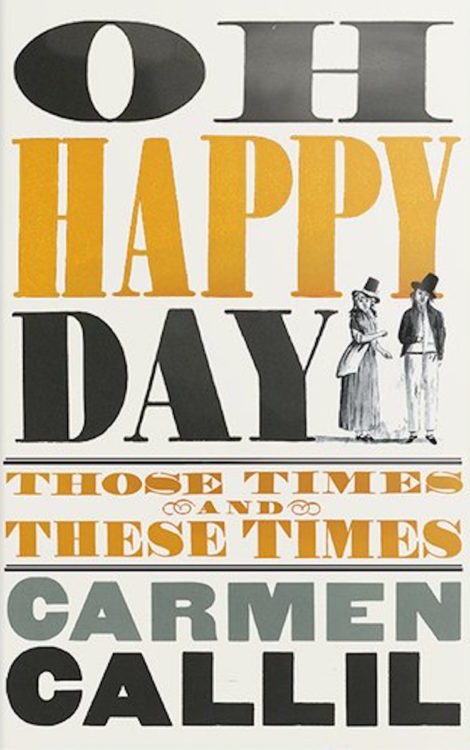A fascinating but poorly edited history.
Carmen Callil was born and educated in Melbourne but spent most of her life in England. She is probably better known as a publisher than an author after founding Virago Press in 1973 and continuing as chairman until 1995. She became managing director of Chatto & Windus and The Hogarth Press in 1982 and was made a Dame for services to literature in 2017.
Callil is upfront in advising readers she is taking a different approach to this history of her forebears. Her research cannot be faulted but her family members’ position at the poorest levels of society means she also has to rely on speculation and inference to fill in the gaps. I was particularly interested in the story of her illegitimate great-great-grandmother, Sary Lacey, who was taken to live in Thurmaston in 1809, then a village four miles outside Leicester, as it was the first place I lived when I moved back to England in 1986.
The main work, other than farming, was the cottage industry of stocking-knitting, undertaken usually on rented frames by entire families with children working from six or seven years old. The author writes vividly and movingly about the terrible conditions in which such families were forced to live and work. Overcrowding and unsanitary conditions only became worse as the so-called advances of the Industrial Revolution forced the working classes into factories and rapidly expanding cities.
The Great Reform Act, Corn Laws and the hated Victorian Poor Laws all operated in favour of factory owners, local councils and wealthier citizens. Sary was not above professing a religious faith whenever she needed assistance—as only the ‘deserving poor’ were entitled to help. She had three children with different fathers and also changed her surname to escape official notice.
George Conquest came from the same strata of society as Sary and had worked as a navvy building the extensive canal network used to move the raw materials and goods that fuelled the Industrial Revolution. To receive aid from the parish, Sary had named him as the father of her daughter Eliza. In turn, the Thurmaston parish had pursued him to recover the pittance in aid Sary had received. However, fate intervened when he was found guilty of stealing hemp and sentenced to seven years
The book draws plausible comparisons between the convicts of ‘Those Times’ and the refugees and asylum seekers of ‘These Times’. It also provides fascinating background on industrialisation, poverty, and injustice, plus challenging the ‘overall better off’ narrative of empire.
However, in all this detail, Callil loses the thread of her own family’s history and the lives of Sary and George, which should be central to the book. A good index, endnotes, and a bibliography cannot make up for the lack of a good editor.
Reviewed by Jan Kershaw
Distributed by: Penguin Random House
Released: November 2020
RRP: $32.99





















